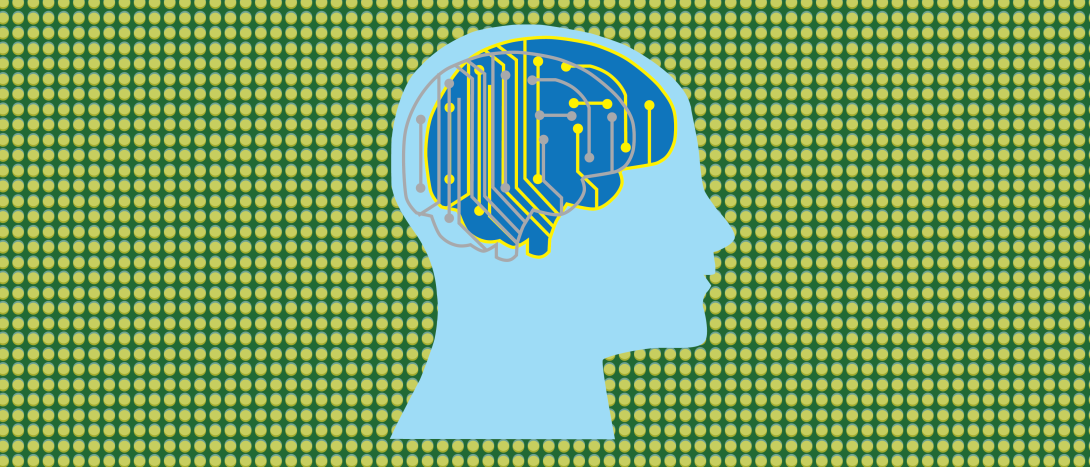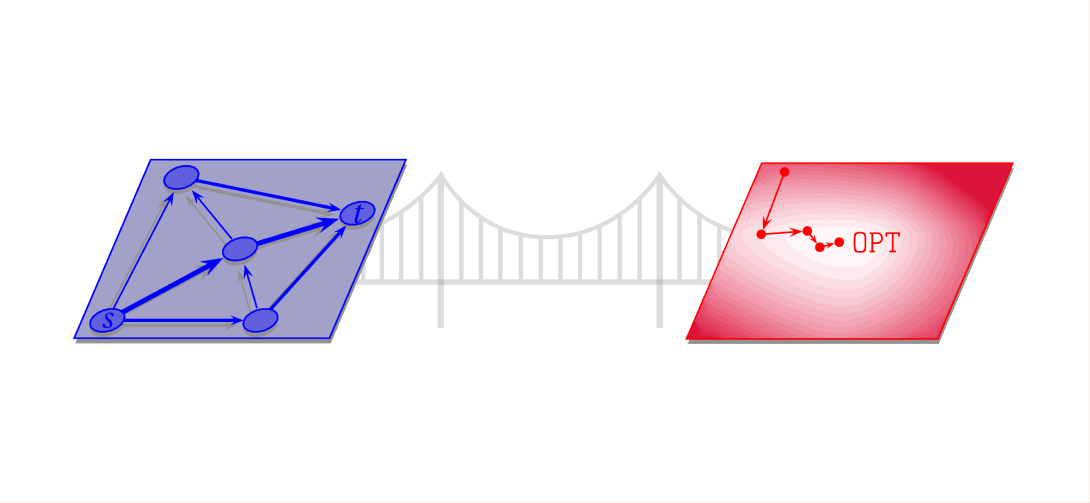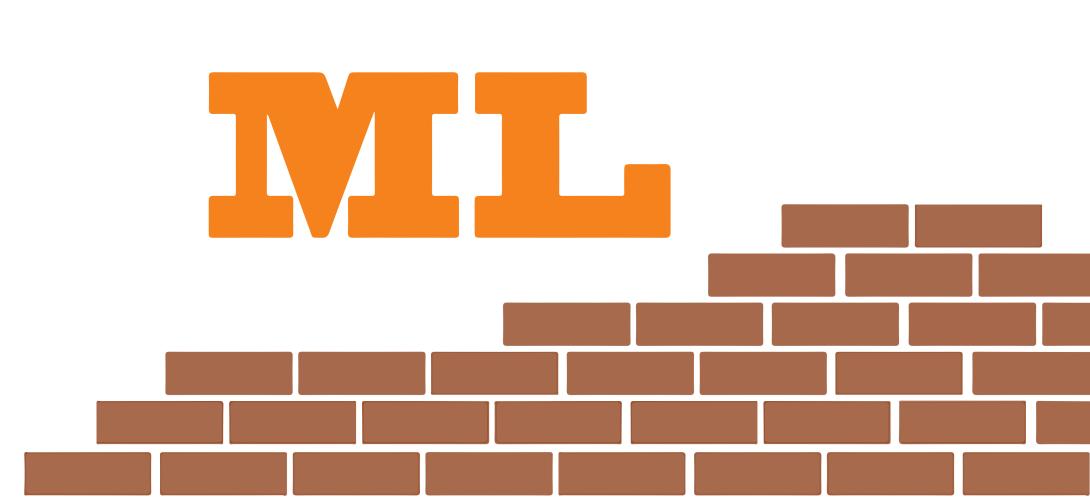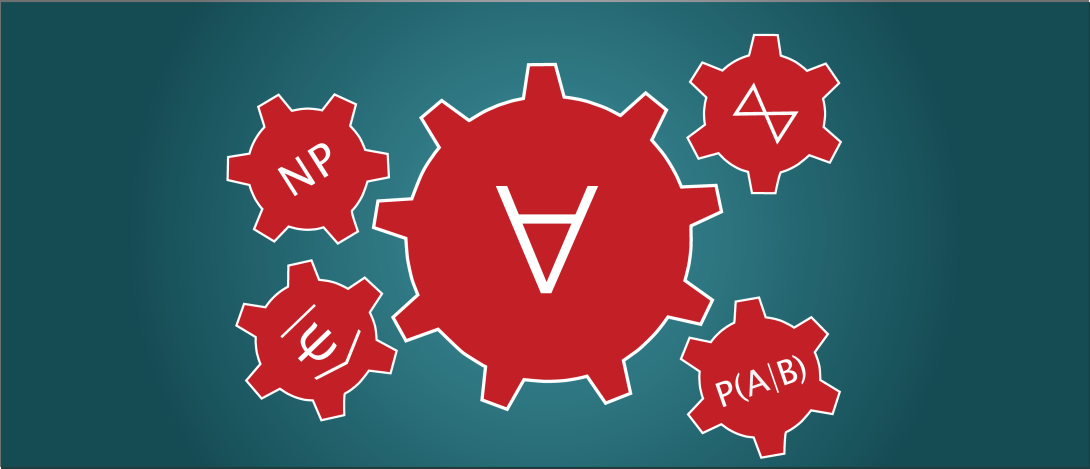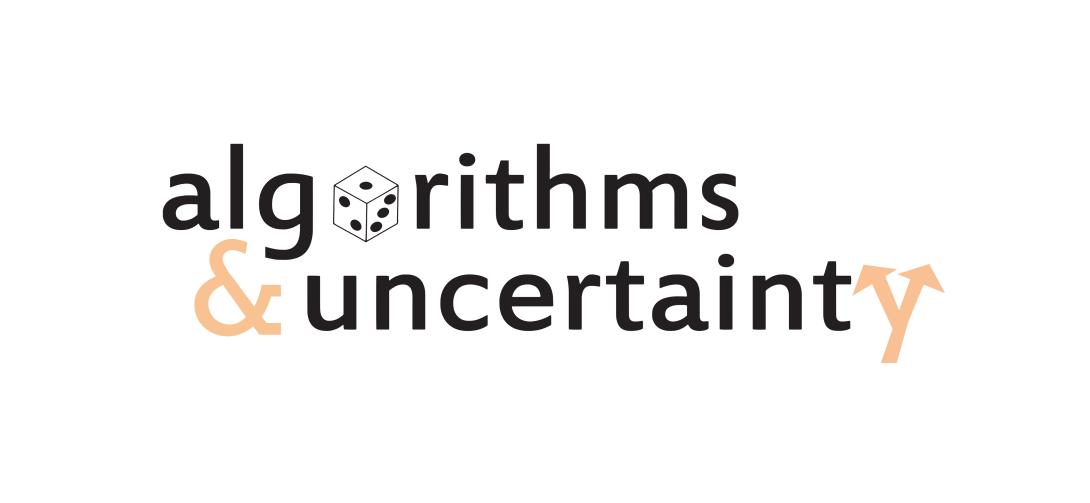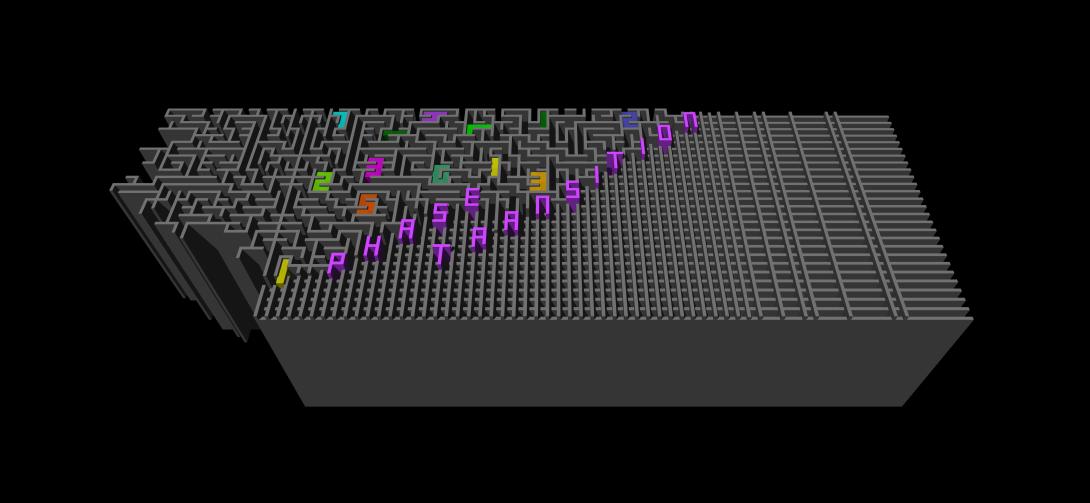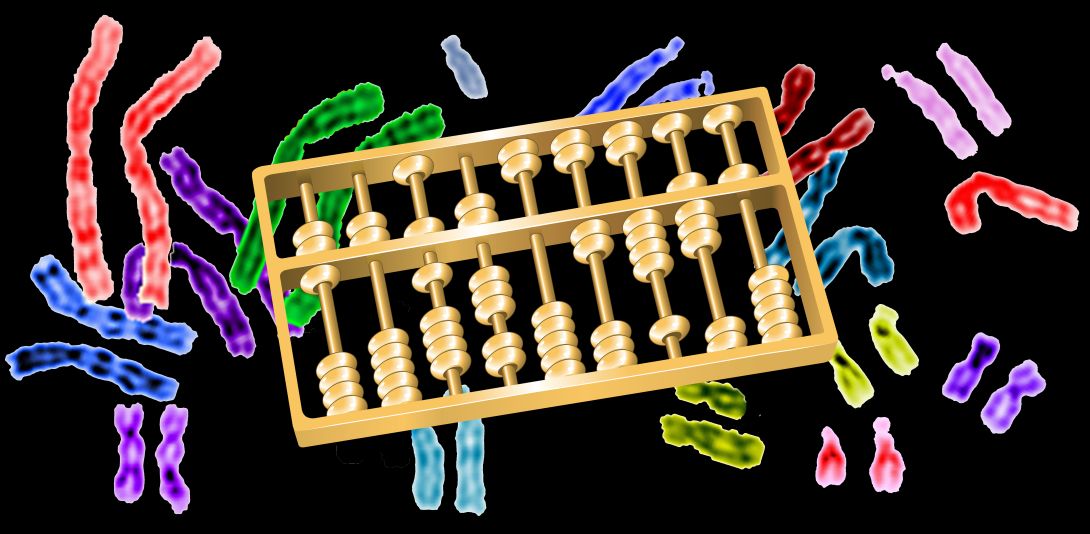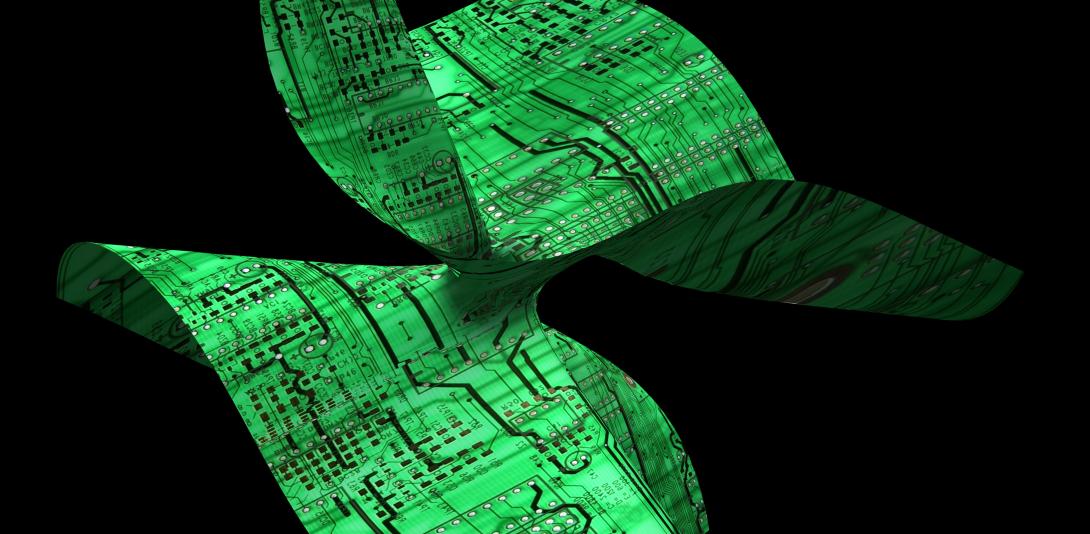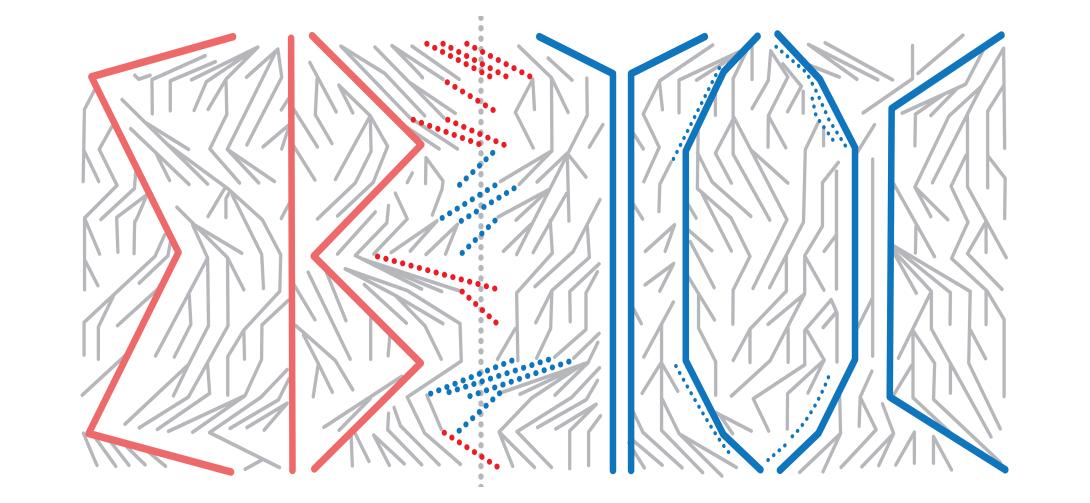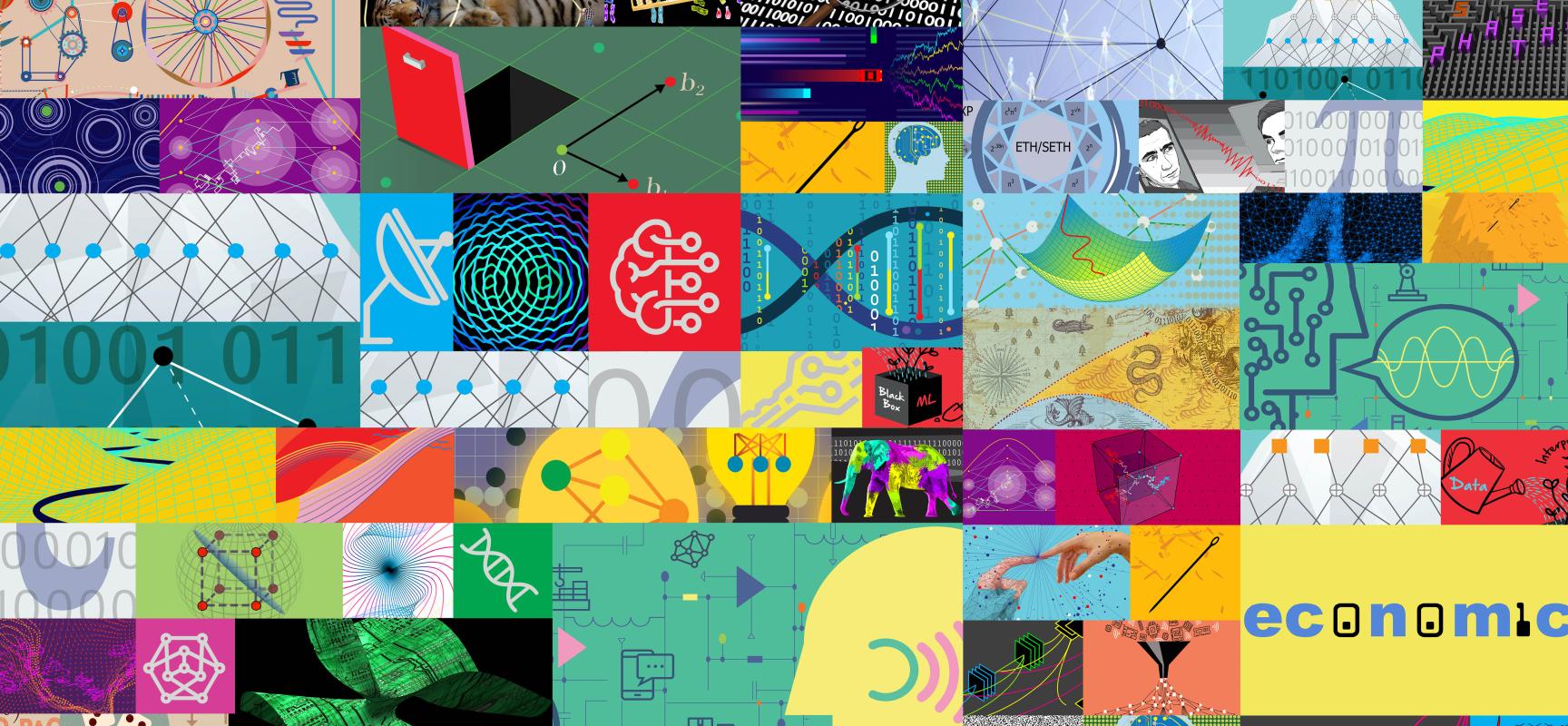
Programs and Clusters
Programs and Clusters
The Institute typically hosts two concurrent research programs per semester, and one per summer. Programs are selected with a view toward maximizing impact and engagement across the theoretical computer science community, as well as impact on neighboring scientific fields. A typical program is led by a small group of organizers who are recognized experts in their fields, and involves about 60–70 long-term participants (a mix of senior and junior researchers) who spend a month or longer at the Institute. A program usually includes three week-long topical workshops, each of which attracts an additional group of invited speakers and focuses on a different aspect of the program's scientific scope, as well as an initial boot camp designed to put long-term participants on the same page. Summer clusters are somewhat smaller in scale than research programs, and are designed to offer a platform for focused research on fast-moving or emerging topics.
Current Programs
This is the second part in a special year-long program on large language models and transformers that spans the 2024–2025 academic year. This program's overarching goal is to try to understand the ongoing revolution in transformers and large language...
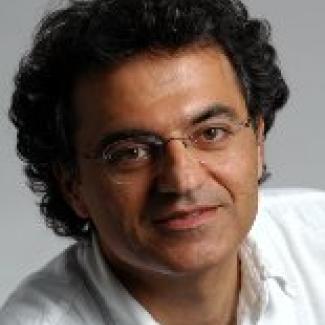
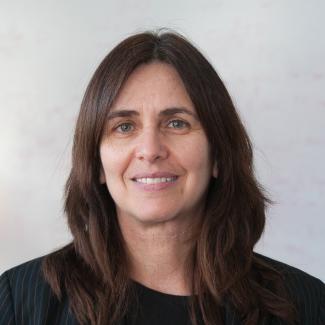
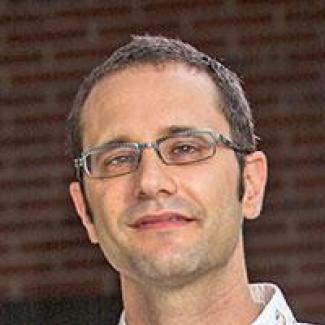
The Simons Institute for the Theory of Computing offers numerous ways for scientists to participate in the life of the Institute.
- Applications for the Simons Quantum Postdoctoral Fellowships.
- Applications for Science Communicators in Residence for Summer 2022, Fall 2022, and Spring 2023.
Fall 2018
This program will bring together leading researchers in computational complexity theory to tackle fundamental questions on the capabilities and limitations of various models of computation.
Summer 2018
Spring 2018
The program will bring together experts in physical science, engineering and societal systems with mathematical and computational scientists to work on a wide range of problems involving real-time discovery and inference.
This program aims to rekindle the historical affinity between the fields of Neuroscience and Theoretical Computer Science, in order to attack some of the most important current problems in understanding the structure and function of the brain.
Fall 2017
The last decade has seen an emerging confluence of ideas from discrete and continuous optimization, leading to several significant breakthroughs. This program will bring together researchers from both the discrete and continuous optimization communities in order to stimulate further interaction at this interface.
Spring 2017
This program aims to extend the reach and impact of CS theory within machine learning, by formalizing basic questions in developing areas of practice, advancing the algorithmic frontier of machine learning, and putting widely-used heuristics on a firm theoretical foundation.
This program will gather researchers in theoretical computer science, combinatorics and number theory to develop a unified approach to notions of pseudorandomness and their applications.
Fall 2016
Logic in computer science has long been associated with two main themes: the interaction of logic with algorithms and complexity theory, and the semantics of programs and processes. This program will bring together researchers from both ends of this spectrum, with the aim of bridging this decades-old divide.
Classical approaches to algorithm design are both over-pessimistic (in making worst-case assumptions about the input) and over-optimistic (in assuming that the input is completely specified). This program explores alternatives to worst-case analysis of algorithms, as well as new methods for addressing uncertainty in instance specifications, with reference to a broad range of applications in learning, optimization and control.
Spring 2016
Research on computational aspects of counting problems and partition functions has recently seen significant advances. This program aims to better understand the computational complexity of both exact and approximate counting problems, and their relationship to phase transitions in combinatorics and statistical physics.
This program aims to unify data-driven and theoretical developments in bioinformatics by bringing together leaders and young scientists with strong interests in the algorithmic, methodological and theoretical aspects of computational biology.
Fall 2015
Economics and computer science have developed a remarkable number of points of contact over the past two decades. This program aims to build on these existing interactions in order to identify and make progress on a new generation of research problems at the intersection of the two fields.
This program will explore deep connections between algorithm design and lower bounds in computational complexity, with the goal of understanding the exact amount of time needed to solve a variety of basic computational problems.
Summer 2015
As organizations and individuals are increasingly outsourcing storage and computation to large third-party systems, the need to simultaneously guarantee privacy, availability of data and correctness of computations is more crucial than ever. This program focuses on new developments in cryptography that address these issues, including homomorphic encryption, program obfuscation and verifiable outsourcing.
Spring 2015
The program will bring together experts in information theory and theoretical CS to explore the application of information theoretic techniques in complexity theory and combinatorics, the theory and applications of coding theory, and connections between information theory, machine learning and big data.
Fall 2014
This program addresses the use of spectral methods in confronting a number of fundamental open problems in the theory of computing, while at the same time exploring applications of newly developed spectral techniques to a diverse array of areas.
The program will explore applications of modern algebraic geometry in computer science, including such topics as geometric complexity theory, solving polynomial equations, tensor rank and the complexity of matrix multiplication.
Spring 2014
Quantum Hamiltonian complexity is an exciting area combining deep questions and techniques from both quantum complexity theory and condensed matter physics. This interdisciplinary program will explore these connections and seek to establish a common language for investigating the outstanding issues at the heart of quantum Hamiltonian complexity.
The objective of this program is to bring together theoretical computer scientists and researchers from evolutionary biology, physics, probability and statistics in order to identify and tackle the some of the most important theoretical and computational challenges arising from evolutionary biology.








